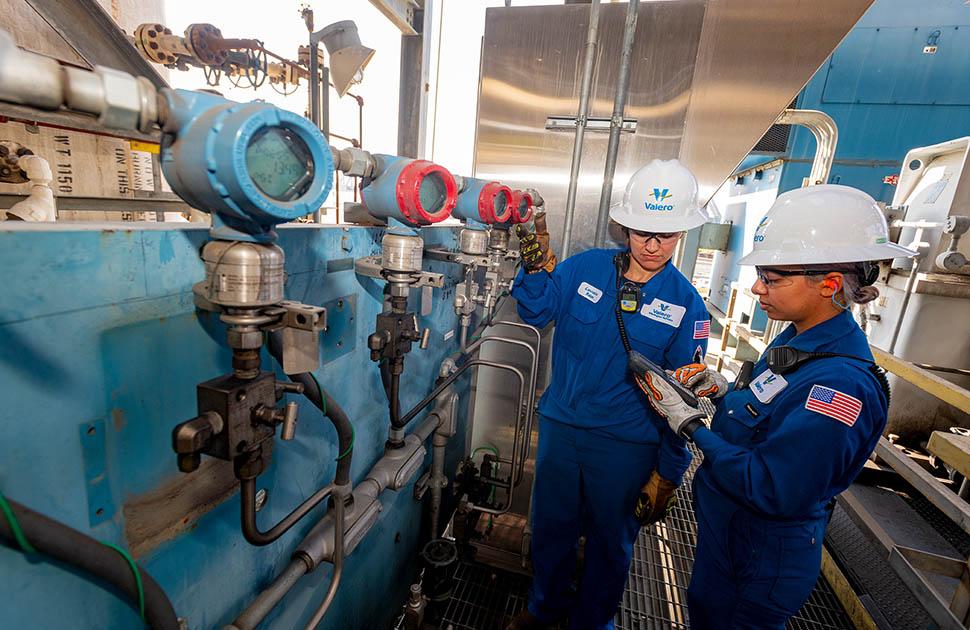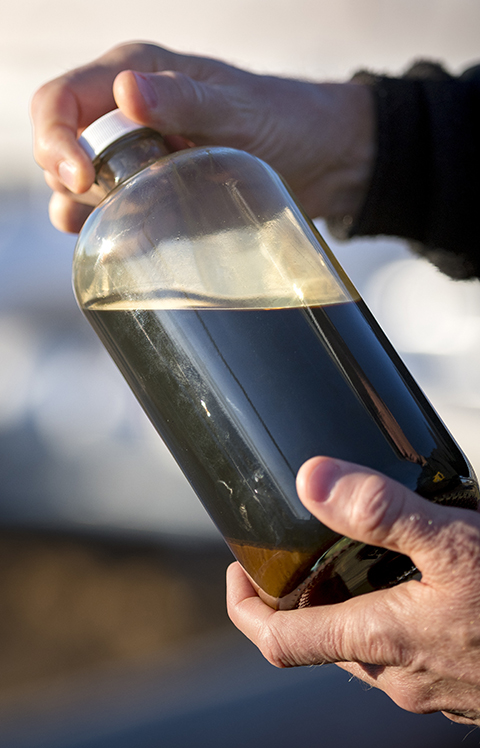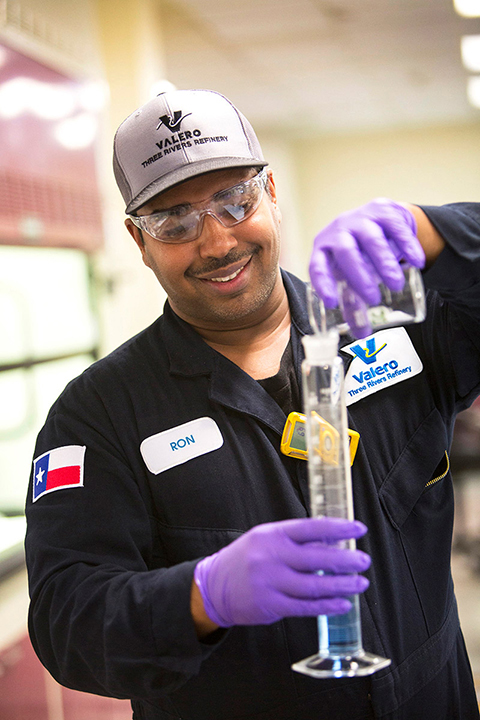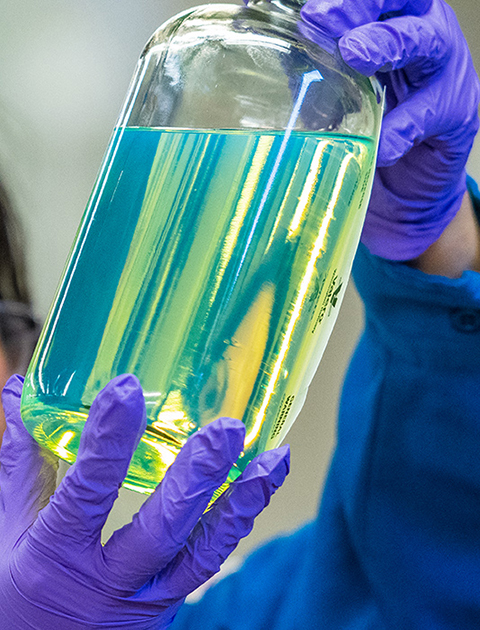Refining Technology and Equipment








The Science of Crude
-
What is petroleum?
Petroleum, called crude oil in the industry, is a fossil fuel found in underground reservoirs. It is classified by density, sulfur content and acidity, and those factors determine how the oil is refined. Every barrel of crude oil can be turned into several products:
- 8% refinery gases and light products like propane or butane
- 49% gasoline
- 32% kerosene, jet fuel, diesel and heating oil)
- 11% specialty products like heavy fuel oil or asphalt
-
How big is a barrel of oil?
An oil barrel is a unit of measurement which is defined as 42 gallons. Crude oil is no longer transported in actual barrels, but the measurement remains the predominant way to measure crude.
-
How many barrels of crude oil can be refined in one day?
At our 15 refineries our throughput capacity of crude oil and other feedstocks is 3.2 million barrels per day. Depending on the size of the refinery, from 80,000 to 300,000+ barrels of crude oil per day, per refinery, is processed to make clean transportation fuels.
-
What tools or equipment is used in oil refineries?
Refineries are complex facilities that take crude oil and turn it into a variety of products including the fuel that powers our vehicles, to asphalt and the building blocks for many plastics used in everyday life. In order to make these products, the refinery has a variety of units, storage tanks, pipelines, water cooling towers and much more. Refineries run 24/7.
-
What is cracking?
A method of converting heavy crude oil into lighter desirable products such as gasoline and diesel fuel by breaking large hydrocarbon molecules into smaller molecules using heat, pressure and catalyst.
Refining 101 Video Series
Introducing Refining 101, a three-part education series on the basics of petroleum refining. This series is broken into three episodes to illustrate at a high level, the types of crude oil, how refineries operate, and the various levels of complexity in refinery configurations.
Crude Oil Characteristics
Crude oil is classified primarily by its density, measured in API gravity, and its sulfur content, measured in weight percent.

Safety is the Foundation
for Our Success
We are focused on being the safest operator in the industry. Safety drives reliable, consistent operations that result in low emissions, protecting the environment as well as our neighbors.
Science and Process Supplying quality fuels, through safe, reliable and environmentally responsible operations.

Ethanol Science & Process

Renewable Diesel Science & Process











